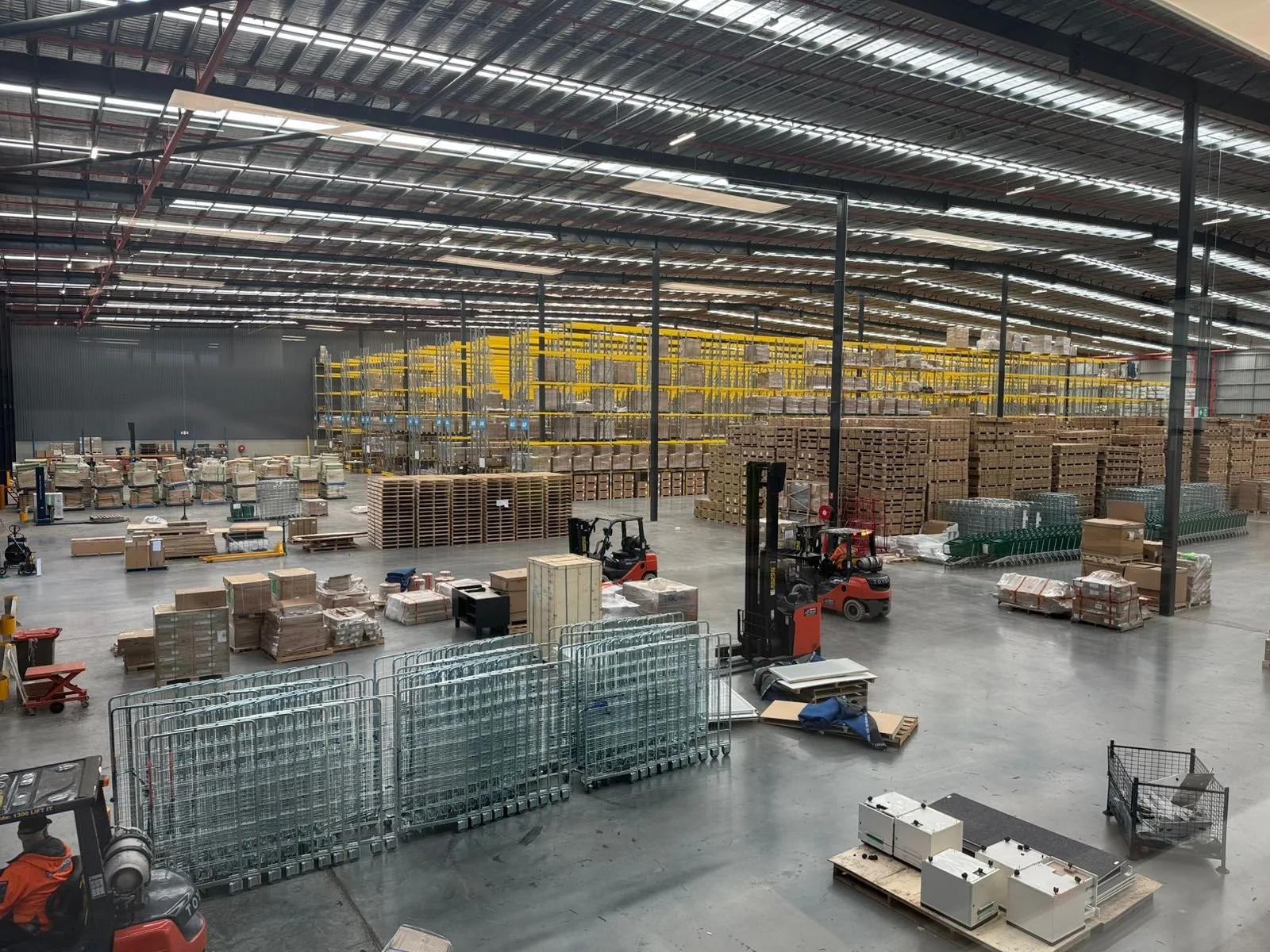How Product Rework Helps Maintain Quality Standards?
Maintaining consistent product quality is one of the most important aspects of any supply chain. From manufacturing to distribution, even small errors in labeling, packaging, or assembly can affect a brand’s reputation and customer trust.
Product rework plays a key role in preventing these issues by correcting defects before goods reach the market. It helps businesses maintain quality standards, reduce waste, and protect the value of their products throughout the logistics process.
What Is Product Rework?
Product rework is the process of inspecting, correcting, or restoring products that do not meet required quality standards. In logistics and warehousing, rework typically takes place before goods are distributed to customers or retailers. It serves as a safeguard to ensure that only products meeting specification and presentation standards are shipped out.
Common rework activities include relabeling products with updated information, repackaging damaged or incorrectly packed items, reassembling components, and sorting or inspecting goods for defects. These actions allow businesses to recover and repurpose products that would otherwise go to waste.
Rather than being seen as a failure, rework is an essential part of quality management. It demonstrates a company’s commitment to maintaining consistency and delivering the best possible products to end users, even when unforeseen errors occur during production or handling.
The Role of Rework in Maintaining Product Quality
Rework serves as a crucial safety net in maintaining quality standards across the supply chain. When products are inspected before shipment, rework ensures that any packaging damage, labeling errors, or assembly inconsistencies are corrected on time. This attention to detail helps prevent customer complaints and product returns that could affect a brand’s credibility.
In industries such as retail, FMCG, and manufacturing, where presentation and compliance are critical, rework guarantees that every product meets brand and regulatory standards. By identifying and correcting issues early, businesses maintain a consistent level of quality across all distribution channels.
More importantly, rework helps strengthen customer trust. When customers consistently receive products that look and function as expected, it reinforces their confidence in the brand’s reliability. In this way, rework is not simply an operational process but a strategic part of quality assurance that protects both product value and reputation.
How Rework Reduces Waste and Improves Efficiency?
Rework is not only about fixing product issues but also about maximizing resource use. Instead of discarding goods with minor defects, businesses can recover, repair, or repurpose them through structured rework processes. This approach helps reduce material waste, lower disposal costs, and minimize the environmental impact of logistics operations.
By salvaging products that can still meet quality requirements, companies maintain better inventory control and avoid the financial loss associated with product write-offs. In addition, integrating rework into warehouse workflows allows teams to identify recurring quality problems, leading to long-term process improvements and fewer defects in future production cycles.
When managed efficiently, rework transforms what would be waste into value. It strengthens the overall supply chain by ensuring that fewer resources are lost and that customers receive products that meet expectations without unnecessary delays or replacements.
Integrating Rework into Logistics Operations
In modern logistics, rework is often integrated directly into warehouse and distribution workflows. Rather than being treated as a separate activity, it becomes part of ongoing quality control procedures. This allows teams to identify and correct issues without disrupting the wider supply chain process.
Successful integration starts with having clear inspection checkpoints. Products are assessed upon arrival or before dispatch to detect any packaging, labeling, or assembly issues. Trained staff then perform necessary corrections using standardized procedures to maintain consistency. Documentation and tracking systems record each rework activity, ensuring accountability and traceability.
Technology also plays a role in improving efficiency. Warehouse management systems can flag products for inspection, monitor rework volumes, and provide data for performance analysis. By combining skilled personnel, structured workflows, and digital oversight, businesses can make rework a seamless part of quality assurance in their logistics operations.
How RCL Supports Product Quality Through Rework Services?
We, at REG Contract Logistics, maintaining quality standards is an essential part of how we manage logistics operations. Our value-added services, including product rework, inspection, and packaging, are designed to help businesses ensure that every product leaving the warehouse meets brand and compliance requirements.
RCL’s experienced teams handle a variety of rework activities such as repackaging, relabeling, sorting, and minor assembly correction. Each process is carried out under controlled conditions to maintain consistency and minimize disruption to the overall supply chain.
By integrating rework within our warehouse operations, we help clients reduce waste, maintain customer confidence, and protect product value. This structured approach to rework supports efficiency, sustainability, and long-term reliability across every stage of logistics management.
Product rework plays a vital role in maintaining quality standards throughout the supply chain. By identifying and correcting defects before products reach customers, businesses can reduce waste, prevent returns, and protect their brand reputation. Rework is not simply a corrective measure, it is a proactive approach to quality assurance that helps maintain consistency across every shipment.
Beyond improving quality, rework supports sustainability by reducing the number of products discarded due to minor issues. When integrated effectively into logistics operations, it enhances both operational efficiency and environmental responsibility.
Businesses that view rework as part of their quality management system can achieve higher standards, lower costs, and stronger customer trust. RCL’s structured rework processes provide the expertise and infrastructure to help businesses reach these goals with efficiency and care.

